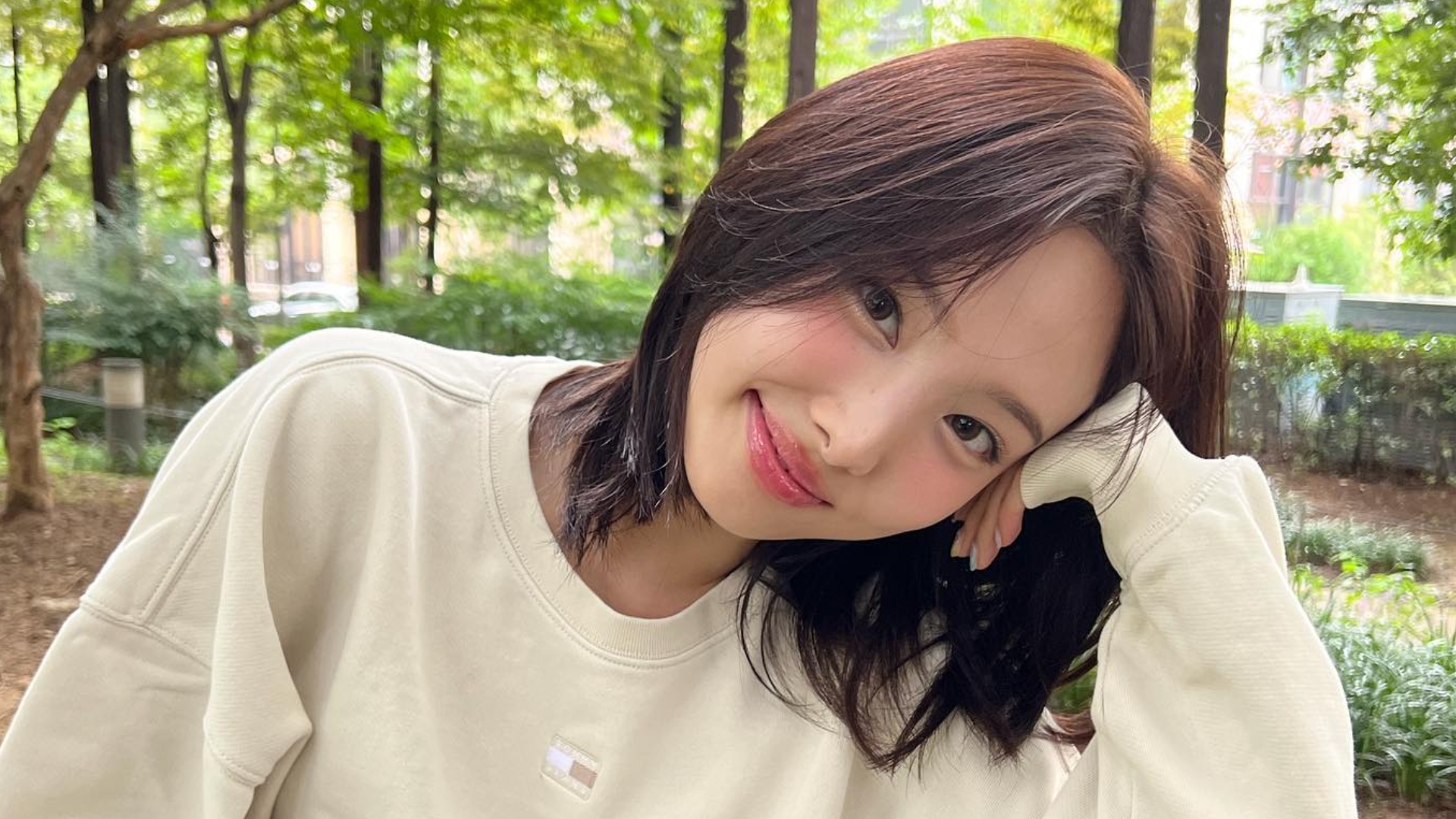Korean Idol's Bold Attitude Sparks Fan Debate Over Narcissism Claims

In the world of K-pop, where idols are often held to a sleek, controlled, and consensual image, Nayeon, a member of the group TWICE, stands out as an exception. At 29, the South Korean artist cultivates an image of a free, confident, and sometimes provocative woman, some would say. This stance has earned her the admiration of many fans, but also accusations of narcissism from a segment of the public.
A declaration of love to oneself
Her debut solo album, "IM NAYEON," released in 2022, already sets the tone. The title is a play on words: "I am Nayeon" but also her real name, Im Na-yeon. This double meaning perfectly sums up her intention: to assert herself without hesitation. One of the most iconic tracks on this project takes this approach even further.
In "MEEEEEE," Nayeon describes herself as irresistible, bold, and the master of her destiny. She sings about her beauty, her inner strength, and her ability to play with the codes of seduction while maintaining control. "I know my worth," she seems to say through every word and every movement. She's addressing those who underestimate her or try to reduce her to a mere marketing product: she doesn't let anyone dominate her. The message is clear: being a beautiful and confident woman shouldn't be a provocation. And yet, it still is too often.
Confidence or arrogance?
On social media, her unfiltered statements—especially when she publicly declares herself "super beautiful" or congratulates herself on her confidence—are sometimes met with sarcasm. Some netizens denounce her excessive ego, calling her narcissistic. Others, on the contrary, praise a rare stance in the Korean industry, where forced humility is often the norm.
Nayeon, for her part, takes this criticism with humor. In a viral video, we see her laughing at people who think she's too confident: "How am I going to do it? I'm so beautiful," she says with a knowing smile to the camera.
An idol off the beaten track
Far from conforming to the usual stereotypes of docile and reserved idols, Nayeon asserts her freedom. She refuses to apologize for being beautiful, strong, seductive, and fully herself. Her image, carefully constructed but deeply sincere, appeals to a generation of young women seeking role models of confidence and unashamed power.
In a context where Korean society, like elsewhere, remains marked by contradictory injunctions towards women (be beautiful but modest, seductive but modest), Nayeon challenges the boundaries. She embodies a form of uninhibited femininity, where self-love is not a marketing stance, but a lived reality.
A question of perspective
What's disturbing about Nayeon's attitude isn't so much her speech as the fact that she's speaking it herself. When a man asserts his charisma or success, he's often applauded. When a woman says out loud that she loves herself and deserves admiration, she's accused of arrogance. Nayeon shatters this double standard without hesitation.
Her behavior is part of a broader movement, where female artists are taking ownership of their image and their discourse, even if it means provoking. Nayeon isn't trying to please everyone: she pleases herself, and that's already a lot.
What if true subversion was loving yourself?
By publicly embracing her self-love, Nayeon sends a powerful message to her fans: it is possible, and even healthy, to love oneself unconditionally. At a time when social pressure pushes so many young people to conform or denigrate themselves, such a stance is inspiring.
Nayeon isn't playing a role: she's asserting herself. She's not choosing between glamour and independence; she's claiming them both. And if that's uncomfortable, perhaps it's because her confidence confronts us with our own limitations. Rather than judging her, perhaps we could simply listen—and learn to do the same.
Comments
Post a Comment